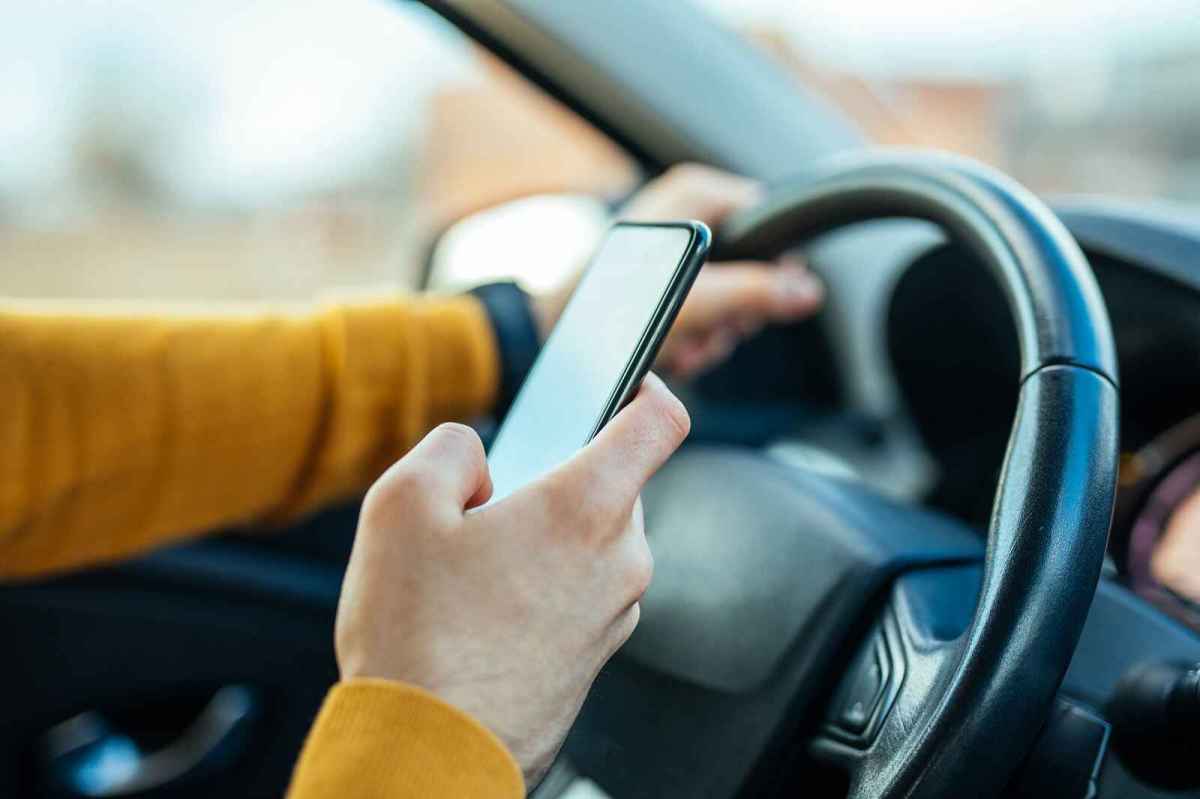And states with hands-free driving laws include Alaska, California, Colorado, Connecticut, Delaware, District of Columbia, Georgia, Hawaii, Illinois, Iowa, Louisiana, Maine, Maryland, Massachusetts, Michigan, Minnesota, Nebraska, Nevada, New Hampshire, New Jersey, New Mexico, New York, North Carolina, Oregon, Rhode Island, Tennessee, Utah, Vermont, Virginia, Washington, and Wisconsin.
Hands-free driving laws vary from state to state, but the general intent is the same – to reduce distractions and improve safety on the road. These laws typically prohibit the use of handheld devices while driving, such as texting, making phone calls, or using GPS without a hands-free device.
In Alaska, for example, drivers are not allowed to use a handheld device for texting, calling, or browsing the internet while driving. California has some of the strictest hands-free driving laws in the country, with fines starting at $20 for the first offense and going up to $50 for subsequent offenses.
Colorado’s hands-free driving laws prohibit drivers from using handheld electronic devices for texting or talking on the phone while driving. In Connecticut, drivers are not allowed to use handheld devices for any reason while driving, including texting, making phone calls, or browsing the internet.
Delaware’s hands-free driving laws prohibit the use of handheld devices for texting, calling, or browsing the internet while driving. In the District of Columbia, drivers are not allowed to use handheld devices for texting, making phone calls, or browsing the internet while driving.
Georgia’s hands-free driving laws prohibit the use of handheld devices for texting, making phone calls, or browsing the internet while driving. Hawaii has similar laws, with fines starting at $250 for the first offense and going up to $500 for subsequent offenses.
Illinois prohibits the use of handheld devices for texting, making phone calls, or browsing the internet while driving. Iowa’s hands-free driving laws prohibit texting while driving, and Louisiana prohibits the use of handheld devices for texting, making phone calls, or browsing the internet while driving.
Maine’s hands-free driving laws prohibit the use of handheld devices for texting, making phone calls, or browsing the internet while driving. Maryland prohibits drivers from using handheld devices for texting, making phone calls, or browsing the internet while driving.
Massachusetts has some of the strictest hands-free driving laws in the country, with fines starting at $100 for the first offense and going up to $500 for subsequent offenses. Michigan prohibits the use of handheld devices for texting, making phone calls, or browsing the internet while driving.
Minnesota’s hands-free driving laws prohibit the use of handheld devices for texting, making phone calls, or browsing the internet while driving. Nebraska prohibits the use of handheld devices for texting, making phone calls, or browsing the internet while driving.
Nevada’s hands-free driving laws prohibit the use of handheld devices for texting, making phone calls, or browsing the internet while driving. New Hampshire prohibits the use of handheld devices for texting, making phone calls, or browsing the internet while driving.
New Jersey’s hands-free driving laws prohibit the use of handheld devices for texting, making phone calls, or browsing the internet while driving. New Mexico prohibits the use of handheld devices for texting, making phone calls, or browsing the internet while driving.
New York’s hands-free driving laws prohibit the use of handheld devices for texting, making phone calls, or browsing the internet while driving. North Carolina prohibits drivers from using handheld devices for texting, making phone calls, or browsing the internet while driving.
Oregon’s hands-free driving laws prohibit the use of handheld devices for texting, making phone calls, or browsing the internet while driving. Rhode Island prohibits drivers from using handheld devices for texting, making phone calls, or browsing the internet while driving.
Tennessee’s hands-free driving laws prohibit the use of handheld devices for texting, making phone calls, or browsing the internet while driving. Utah prohibits the use of handheld devices for texting, making phone calls, or browsing the internet while driving.
Vermont’s hands-free driving laws prohibit the use of handheld devices for texting, making phone calls, or browsing the internet while driving. Virginia prohibits drivers from using handheld devices for texting, making phone calls, or browsing the internet while driving.
Washington’s hands-free driving laws prohibit the use of handheld devices for texting, making phone calls, or browsing the internet while driving. Wisconsin prohibits the use of handheld devices for texting, making phone calls, or browsing the internet while driving.
Overall, hands-free driving laws are increasingly being adopted by states across the country as a way to reduce distractions and improve safety on the road. By encouraging drivers to focus on the task at hand rather than on their devices, these laws aim to reduce the number of accidents caused by distracted driving. It is important for all drivers to be aware of the hands-free driving laws in their state and to comply with them to ensure the safety of themselves and others on the road.
